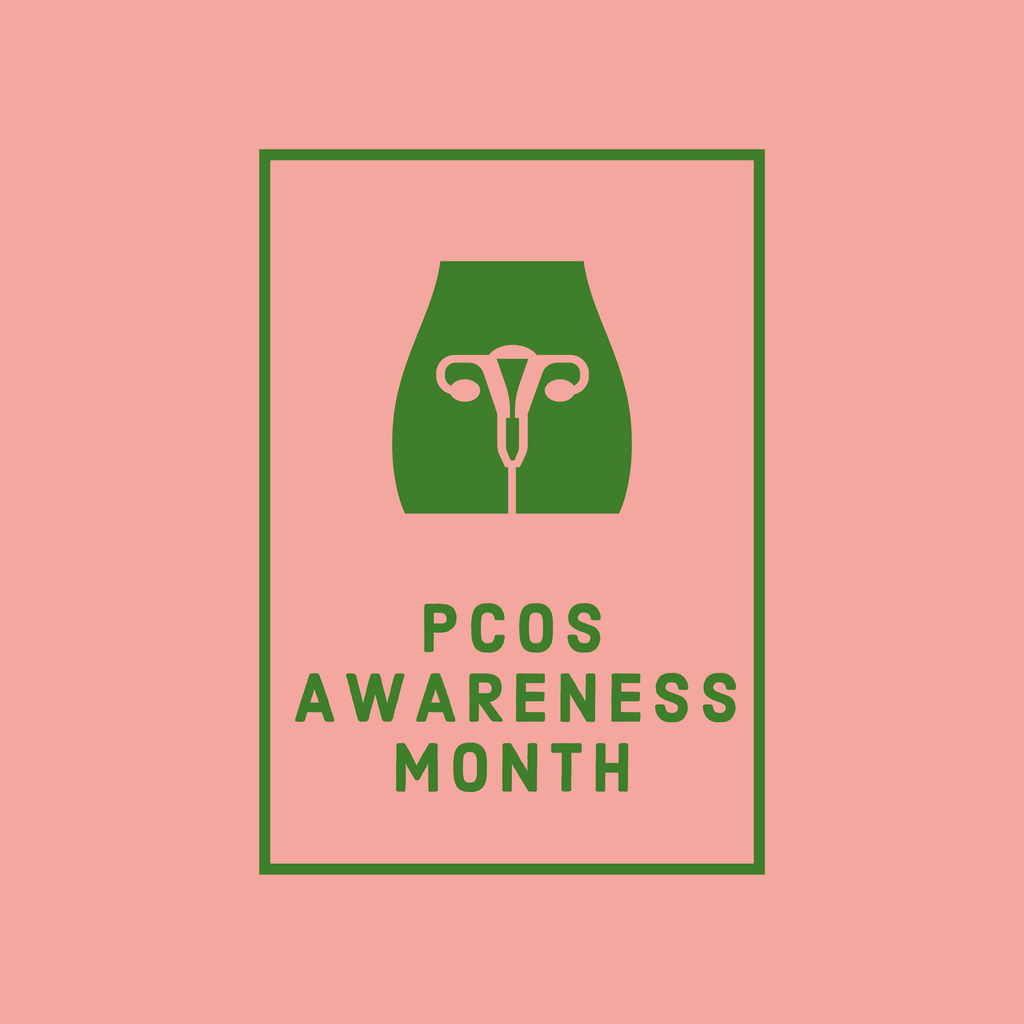Disclaimer: I am NOT a licensed medical professional and I have no medical credentials. This article is solely based on research and personal experience as a woman diagnosed with PCOS.
Polycystic ovary syndrome (PCOS). Do those three words mean anything to you?

Well, if you have never been diagnosed, they probably don’t mean much. But, as a young college woman, it’s crucial you educate yourself on the possible disorders that so many women our age struggle with daily.
There is a possibility that you could be fighting this disorder in silence, without even knowing.
So, before you head to Google and search PCOS, save yourself the time and fear and do not read the horror stories on 10-year-old discussion boards. Let me tell you the facts.
PCOS is described as “a hormonal disorder common among women of reproductive age.” As a college woman, that includes you, so listen up.
According to Mayo Clinic, “Women with PCOS may have infrequent or prolonged menstrual periods or excess male hormone (androgen) levels. The ovaries may develop numerous small collections of fluid (follicles) and fail to regularly release eggs.”
This. Matters.
So what does this mean for you?
First, let’s recognize the symptoms of PCOS, and then get into the possible lifestyle changes and medical practices that can help.
As a woman diagnosed with PCOS, I can tell you confidently that the symptoms make living everyday life difficult. Whether you have one or all of these symptoms, you should definitely consult your obstetrician-gynecologist (OBGYN) about testing for PCOS.
- Hair growth: This symptom can be wonderful if you had a bad haircut and want those luscious locks back. But, it can be annoying if you aren’t used to hair growing on your face and toes.
- Hair loss: On the other end of the spectrum, you could lose lots of your hair due to excess androgenic hormones. This symptom usually gets worse by age 40.
- Acne or oily skin: Most of us have dealt with acne at one time or another, but hormonal imbalances can make acne a lot worse.
- Darkening of skin: Acanthosis Nigricans affects many women who are diagnosed with PCOS. It is essentially just dark patches of skin. Luckily, this condition is mainly found under armpits, breasts, and in the groin area, so it isn’t very visible.
- Problems sleeping or feeling tired all the time: Sleep apnea is a major issue with us ladies with PCOS. There is nothing worse than sleeping for nine straight hours but still feeling exhausted all day.
- Headaches: Headaches come and go for most of us as stress rises or we stare at a screen for too long. But as a woman with PCOS, headaches may become a daily struggle.
- Heavy periods: Women with PCOS usually are a victim of dealing with extremities. For example, you may have an incredibly heavy flow and more periods than normal with PCOS.
- Irregular periods: As expected, if you don’t have heavy periods with PCOS, you might have very irregular periods. This can mean having one day of spotting to no periods for months. This is an especially stressful symptom for sexually active college women with PCOS, as they may be in constant fear of pregnancy.
- Trouble getting pregnant: Many college-age women are settling down or planning to start a family within the next five to 10 years. As if it wasn’t difficult enough, PCOS is one of the main causes of infertility in women. If you are looking to have children soon, I recommend talking to your OBGYN about possible medications to increase fertility.
- Weight gain: The dreaded weight gain is a very common symptom of PCOS. This is coming from a size 2 to a size 16 in under five years, and I can attest to it absolutely sucking.
As you can see, PCOS is not a fun disorder to have. (I mean, what disorder is, right? I have obsessive-compulsive disorder (OCD) as well and it’s no day in the park.)
But luckily, there are steps you can take to label and manage your PCOS.

Go to the OBGYN
I know, the first step is terrifying. Trust me- I understand. I struggled for three years with weight gain, hair growth, headaches, and irregular periods.
It took me not having a period for six months to finally schedule an appointment. And I won’t lie to you, it was scary at first. I was told to strip down for an impromptu ultrasound to check for ovarian cysts and sent to get blood work. Within a few days, I was notified (side note: by email, not by a phone call, which I thought was incredibly insensitive) that I had been diagnosed with PCOS.
It was hard to accept I had a disorder that could affect my future plans of having children, but it was so relieving to finally know what was causing me physical issues. Plus, it could have gotten a lot worse if I did not go to the OBGYN when I did.
Take the medicine (if you can handle it)
I’m a firm supporter of taking medicine to help with medical complications. I once heard, “You go to the mechanic when your car has issues, why wouldn’t you go to a therapist when your mental health has issues?” (Or something along those lines.) The same goes for your physical health.
Go to the doctor and take the medicine they prescribe. Many women are prescribed birth control if they are not already on it to manage their hormones. Unfortunately, some women may become very sick from the medicine they are given.
I was prescribed Metformin 1500 mg, an anti-diabetic medication when I was first diagnosed with PCOS to prevent Type 2 diabetes. After five months of becoming physically ill every time I ate, I decided maybe it wasn’t for me. If you can’t take the side effects, I recommend you don’t force yourself. Discuss other options with your doctor instead of dealing with the pain.
As I said, I am not a medical professional, but I am a 22-year-old woman dealing with this horrendous disorder every day of my life.
Don’t struggle in silence, be aware of PCOS and take the necessary steps to manage it if you are diagnosed.
September is PCOS Awareness Month, so please, share this article with your gal pals and encourage them to go to the OBGYN if they have any symptoms of PCOS.



